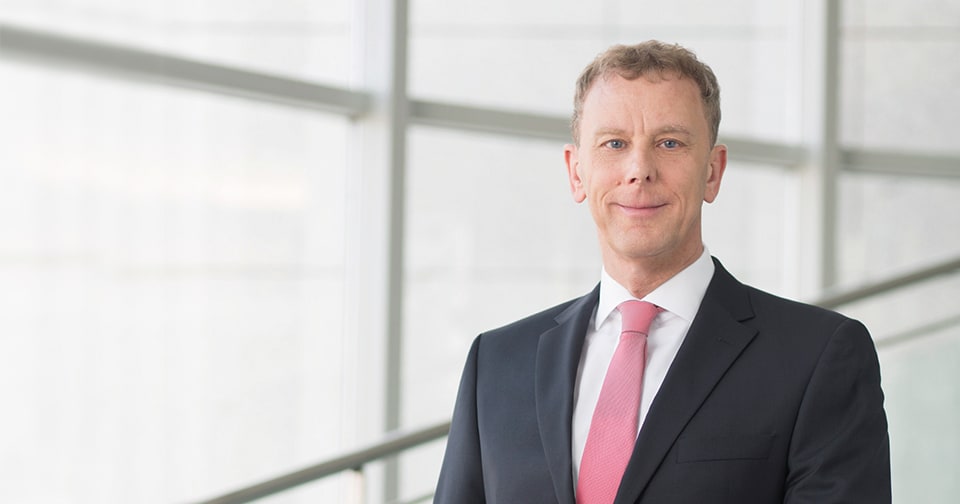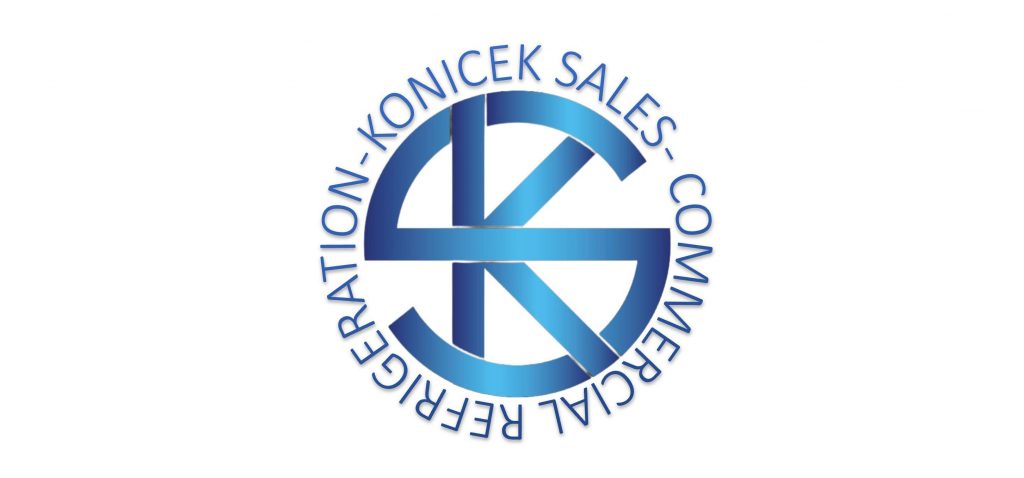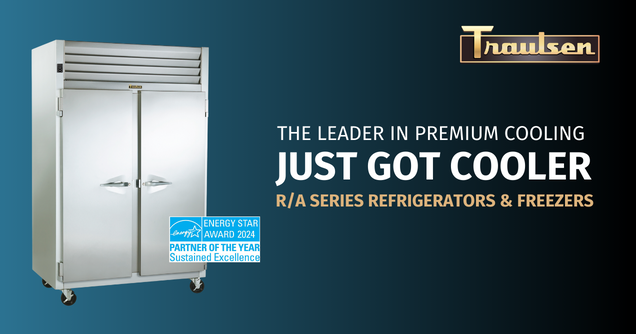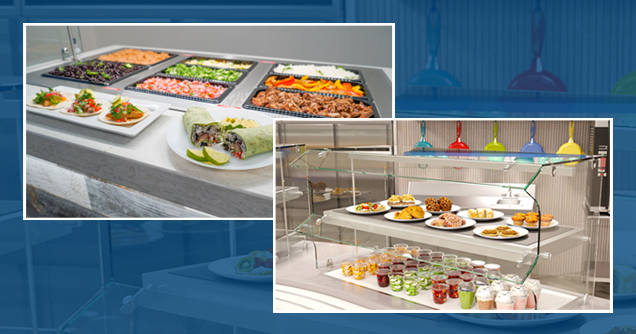
Until 1908, coffee was brewed through a variety of complex appliances or via a cloth bag. Frequently the drink was cold before it was served. Some filters were used in European coffee houses, but were made of materials that made the coffee taste bitter while, more often than not, customers were served with an unappetising mouthful of coffee grounds in the bottom of their cups.
What was needed in the process was a method of brewing aromatic coffee conveniently and quickly. Then a remarkable lady from Germany came up with an ingeniously simple solution. Dresden-born housewife Melitta Bentz was troubled by the coffee grounds that clouded her daily coffee. In 1908, an idea struck her. She punched holes in the bottom of a brass cup with a nail to turn it into a type of sieve, lined it with a sheet of blotting paper from her son Willi’s school notebook and invented the world’s first paper coffee filter.
It is not hyperbole to suggest Bentz’ invention of the ‘Ur-Filter’ (first filter) revolutionised the way the world drinks coffee. With her husband Hugo, Melitta Bentz registered a company for the production and sale of her filter with the trade office in Dresden. With a starting capital of 72 pfennig the Bentz family established the company in a room of their apartment.
Huge success followed and, despite the impact of two world wars, the company continued to expand rapidly in the ensuing decades, with Melitta moving its headquarters several times within Dresden. By 1928 the demand for their products was so high that the 80-strong workforce had to endure double-shifts. In 1929 the fast-growing company moved to Minden in eastern Westphalia. By this point the company had produced over 100,000 filters. In 1937 Melitta developed and launched filter bags, once again changing the game in the coffee business.
The company’s ownership transferred to the Bentz’s son, Horst, in 1930. Despite the death of Melitta Bentz in 1950, innovation continued to percolate through the company. The 1950s saw Melitta build Europe’s most advanced paper production machine.
The foundation of foreign subsidiaries gathered pace too, first in Europe then globally in the 1960s. With paper mills and coffee roasting plants in Brazil and the US, Melitta laid the foundations for its successful foreign business. In the 1980s the third generation of the Bentz family took over the management, creating a holding structure and setting up corporate divisions.
“A lot has changed, but inventiveness, innovation and an entrepreneurial spirit are still the hallmarks of the Melitta Group today,” says Harald Johanning-Meiners, CEO of Melitta Professional Coffee Solutions since 2010. “We have become a producer of branded products for enjoying coffee and tea, for storing and preparing foodstuffs, and for keeping households clean. Moreover, our numerous products and services make us a partner for companies in a wide variety of industries. In the markets we serve, our branded products are market and quality leaders – or aim is to achieve these positions.”
Solutions for professionals
Melitta has been marketing its own commercial filter coffee machines since 1958. In 1986 the catering business became an independent division of the Melitta group. This proved to be significant because Melitta bundled up all parts of its coffee business for the out-of-home market, meaning its customers could now get everything they needed from one company: special coffee, professional coffee machines and technical customer service. The acquisition of coffee machine company Cafina in 1988 further enhanced the offering. “With Cafina we got the best know-how for engineering and producing fully automatic coffee machines,” says Johanning-Meiners.
“As a family-owned company, we are focused on the long-term development of the group”
In July 2014, this company serving the commercial foodservice sector within the group changed its name to Melitta Professional Coffee Solutions. But the ethos of the group remains intrinsically part of its DNA. “All our company’s operating divisions are firmly united under our chief corporate management and share a common understanding of our corporate values,” says Johanning-Meiners.
“We are success-oriented, set high standards for ourselves and are whole-heartedly dedicated to our company, our brands, and our products. Our cooperation – both internally and externally – is based on mutual respect, commitment and team spirit. As a family-owned company, we are always focused on the long-term development of the group and strive to achieve the best possible balance between economic, ecological and social interests.”
Melitta Professional Coffee Solutions now sells and services equipment and coffee in over 50 countries worldwide through an extensive network of subsidiaries and partners. I ask Johanning-Meiners how sustainable the current level of growth within the company is.
“After a record year in 2015, 2016 was again a very successful year for us. Sales rose by 15% and we will maintain our growth trajectory in 2017. With our new generation of fully automatic coffee machines, the Cafina semi-automatic range, new filter-coffee machines, an extended range of coffees in selected markets and our technical customer service, we are well positioned for the future,” he says.
“Our core business is the development, manufacture and marketing of automatic coffee specialty machines and filter-coffee machines under the Melitta and Cafina brands, as well as after-sales service and the sale of coffee and accessories. With our innovative technology, durable components and reliable service, we have made a name for ourselves on the international market as a strong partner.”
The company operates in Europe, Asia, the Americas, Australia and Africa. In Germany, Switzerland, Austria, Netherlands, France, UK, USA, Japan, Asia and Australia activities focus on sales and technical customer service. “We cooperate with external sales and service partners in more than 40 different countries,” says Johanning-Meiners.
Recipes for success
As a family-owned company, Johanning-Meiners believes its future development is built on solid foundations. “Melitta is a strong brand, not only in the consumer segment but in the hospitality sector as well. The Melitta brand is synonymous with high product quality and outstanding coffee enjoyment. We focus on top-quality, fully automatic machines for coffee specialties and well-trained technical customer service. So we support our customer to make one thing possible: coffee perfection in every cup.”
For Johanning-Meiners the guidelines for that success are straightforward. “We use the highest-quality components and sophisticated process technology, like our Automatic Coffee Quality System (ACS), which recognises when the brewing time needs to change – because coffee, as a natural raw material, can fluctuate in quality – and automatically adjusts the grinding disks so the desired result is maintained.”
“Whether these projects succeed depends on our willingness and ability to innovate”
High-grade stainless steel components, long-lasting seals, robust process technology and high-performance figures for the pump and boiler ensure reliability and consistently high quality in the cup. This ensures the quality of the beverage in the cup takes top priority for the company.
“We want to contribute to the taste sensation for the customers – and thus to the business success of our customers. The ability to produce the best drinks, longevity of the machine and a consistent quality of the beverages characterise our machines. A professional, technical customer service ensures the highest possible availability of the machine and the best investment for our customers over many years,” says Johanning-Meiners.
Those long-term partnerships with customers have been crucial to the company’s success. “This fosters relationships with a high level of mutual trust as well as joint projects that can last two or three years in some cases,” he says. “Whether these projects succeed or not depends to a large extent on our willingness and ability to innovate. That’s why we’re focusing our efforts on strengthening this aspect, for example by recruiting the right employees, systematically researching new developments and trends, and constantly questioning existing processes.”
Innovation is “without doubt” a central priority to what Melitta Professional Coffee Solutions does, says Johanning-Meiners, but it’s only part of the reason behind the company’s consistent success in innovating new products.
“R&D may provide the impetus, and often drives the project, but to be a highly innovative company staff in other departments also need a good nose for new trends and developments. Marketing and product management played a major role when we were defining the requirements for our new generation of coffee machines. We regularly receive important input from sales, customer service and our staff in the field, working at trade fairs or in foreign markets.”
After-sales service is also a pivotal part of the business. “The sales team sells the first machine, but without an excellent technical service a second one will not follow,” says Johanning-Meiners.
Technical service plays an important role in the comprehensive range of offerings that the company provides for its clients. Before the sophisticated coffee machines can dispense barista-quality coffee at the press of a button, such decisive factors as dosage, grind, piston pressure, brewing time and water temperature have to be adapted to the local circumstances and the customer’s taste. Not only the water quality, but even the prevailing air pressure and humidity need to be taken into consideration.
A final sensory test is ultimately the decisive element, says Johanning-Meiners. “A well-trained technician is the necessary link between our product development and the best on-site coffee experience. Our team of trainers instructed our technicians around the globe in six different languages. And we are the first company in the coffee machine sector to have its training programme for technical customer service staff certified according to DIN ISO 29990 [a management system for organisations specialising in training].”
The world view
Naturally, Melitta Professional Coffee Solutions is able to use its international presence and economies of scale to its advantage. “The size results from long-term growth and experience. Thanks to our experience we have a lot of customer touchpoints around the world so we are able to work closely with them for customised coffee solutions,” says Johanning-Meiners.
While many foodservice equipment manufacturers have suffered from becoming too big and losing their ability to be fast and flexible, Johanning-Meiners believes his company has done their homework effectively to ensure they won’t suffer a similar fate. “The Melitta 2020 growth programme has laid the right foundations. We’ve already changed a lot in recent years and are now more dynamic, flexible and agile than we used to be. We abandoned the classic hierarchical concept and are now focusing more on our own competencies. Pooling these strengths across all divisions in order to benefit from each other’s expertise will be a very important step for us in the future,” he says.
For Johanning-Meiners, in order to become and remain the market leader, it’s essential to have innovation present along the entire value chain. “However, the more important innovations these days are more likely to be found in the business models and processes.
“For us, this means from product development to customer service. It’s always important to understand the needs and requirements of your customers, the markets they move in, and the implications of their behaviour – or that of their customers – for our products and services,” he says.
Ready for growth
Melitta Professional Coffee Solutions is, says Johanning-Meiners, well-positioned for further growth, possessing the opportunity to grow organically as well as thinking about acquisitive options, “if they are applicable”. Nevertheless, he adds, it continues to be a “stretching business” with a lot of challenges. “We will need more space for manufacturing our coffee machines so we have started to build up new production in Minden,” he says.
Most of the company’s competition is emanating “out of Europe” says Johanning-Meiners. “Reliable, top quality in the cup is wanted everywhere, so we predict growth in most of our markets. But there are some big markets in Asia that have been better known for enjoying tea rather than coffee, so have more potential than others, particularly in the big city regions. We are following our global customers into new markets and we are searching for reliable partners in new markets, step by step.”
While the industry has changed a lot since Melitta was founded, one of the biggest shifts Johanning-Meiners has witnessed has only occurred in the last two decades. “There has been much change in the last 109 years, but a really big one was the change from the industrial age to the digital age, starting around 2000. It required us to rethink not only our production processes and products, but all our business processes. The challenge with ongoing digitalisation is to build up new business processes and create new business models,” he says.
That might all sound a world away from Melitta Bentz and the invention of the ‘Ur-Filter’ in 1908, but her thirst for both adaptive innovation and great coffee continues to flow through this company.
Michael Jones
Harold Johanning-Meinerson: why foodservice consultants are vital to the industry
“Foodservice consultants are experts in planning new outlets and kitchens for their clients. Coffee machines are needed in every new hotel, restaurant and snack bar around the world.
Top-quality coffee has become a key selection criterion: with a trained eye, customers are increasingly choosing their coffee bar according to the type and brand of machine used to serve their coffee. In big cities especially, a better alternative is usually only a few steps away.
So, foodservice consultants are important partners for us when it comes to talking about the great potential of a top-quality coffee business and to recommend the best solutions. It’s not their job to choose the cheapest equipment, but to look at the total cost of ownership and operation. They take care of good working processes in bars and kitchens and they open the door for their clients to produce the kind of food and coffee that will thrill their guests.”
Me and my management style: Harald Johanning-Meiners
“I became CEO on 1 January 2010. I made the role my own by listening, understanding and analysing. Developing and implementing a new strategy in
a new team.
As a student I was very successful in team sports. Success during my studies and in a team were already therefore the driver to move and change things in a positive way. Then, as now, these are still the main elements of the way I act.
Contact with customers is the ‘salt in the soup’ to me. To develop ideas and create concepts together with customers and then make them a reality is the essential link between strategic and operational challenges.
Trust in customers, colleagues and employees is the main pillar of long-term, value-added cooperation. Thankfully, I’ve only had a few negative experiences in this respect so far and this hasn’t changed my positive approach.
To be honest I only really admire those people who selflessly help others and often risk their lives and those who put their own interests last for a really good cause. I also respect people who act in a friendly, cooperative and professional manner despite daily stress.
My highest priority is my wife and my three sons who give me strength, confidence and distraction. Travelling, a little bit of golf and meeting with friends round out my ‘relaxation zone’.”




